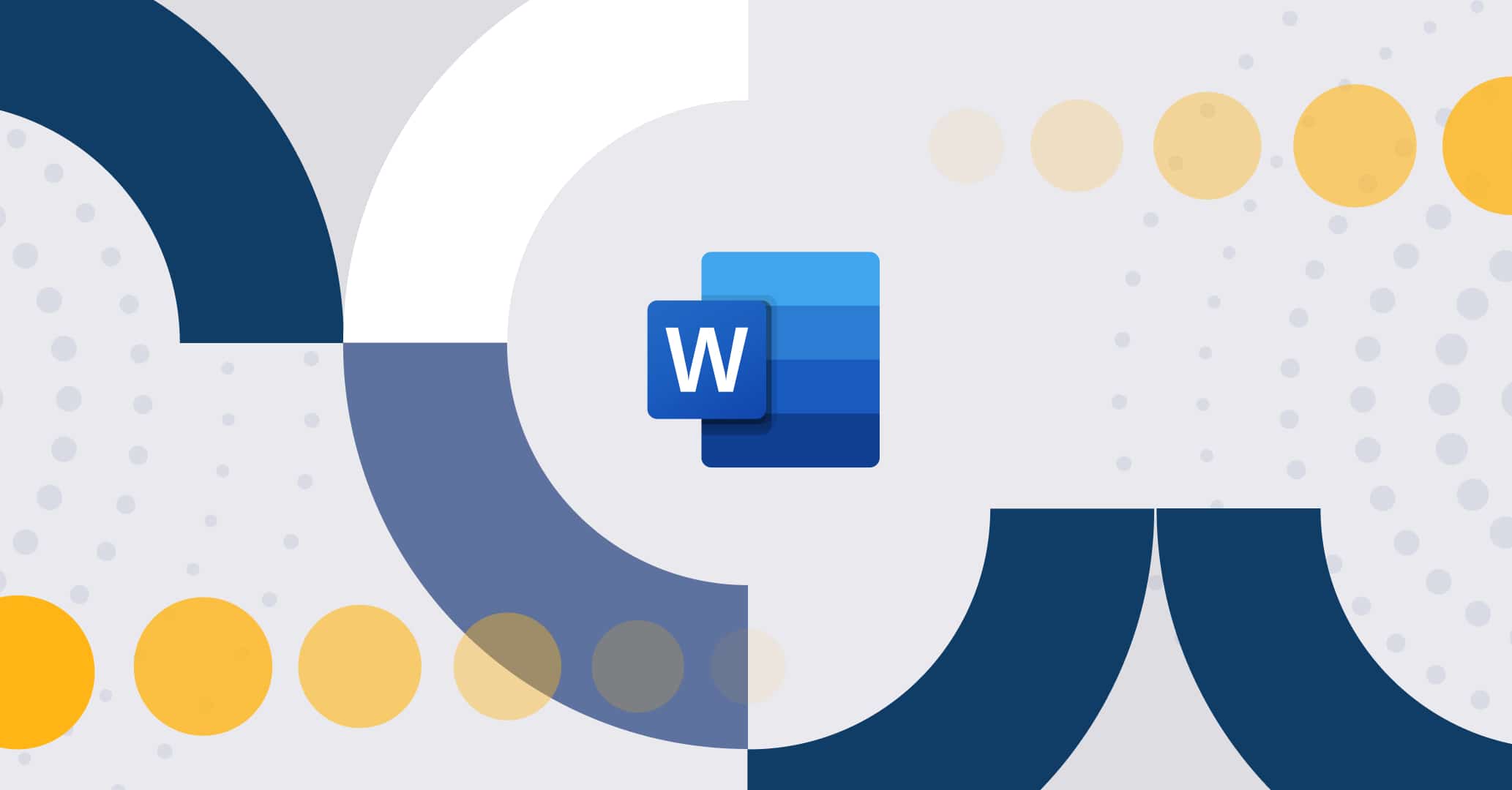Intelligent automation (IA) is the combination of artificial intelligence (AI) and automation to create smart and efficient processes that can improve productivity, quality, and customer satisfaction. AI can help businesses automate repetitive, mundane, and complex tasks, as well as augment human capabilities with data-driven insights and decision support.
Common types of AI tools
Robotic Process Automation (RPA)
RPA is the use of robots or software bots to mimic human actions and execute pre-defined workflows on various applications and systems. RPA can automate tasks like data entry, invoice processing, email handling, and report generation.
Machine Learning (ML)
ML is the branch of AI that allows machines to learn from data and improve their performance without explicit programming. ML can be used to analyze large and complex data sets, identify patterns and trends, make predictions and recommendations, and generate insights.
Natural Language Processing (NLP)
NLP is the branch of AI that enables machines to understand and generate natural language, such as speech and text. NLP can be used to extract information from non-data sources structured such as documents, emails, social media posts, and customer feedback.
Can also be used to create conversational interfaces, such as chatbots and voice assistants, that can interact with humans in natural language.
Computer vision (CV)
CV is the branch of AI that allows machines to perceive and understand visual information, such as images and videos. CV can be used to perform tasks such as facial recognition, object detection, scene analysis, and image enhancement.
Why you need intelligent automation tools for your business
AI tools can offer many benefits to your business, such as:
Cost reduction
AI tools make it easy to reduce operating costs by automating labor-intensive and error-prone tasks, optimizing resource utilization and eliminating waste.
Quality improvement
Improve quality by ensuring the accuracy, consistency, and compliance of your processes, reduce errors and rework, and improve customer satisfaction.
Productivity improvement
Favor efficiency growth and increase productivity by speeding up your processes, expanding your operations and freeing up your employees’ time for greater focus on value-added activities.
Innovation acceleration
AI tools can help accelerate innovation by enabling you to explore new opportunities, experiment with new ideas, and create new products and services.
How to choose the right intelligent automation tools for your business
Choosing the right AI tools for your business depends on several factors, such as:
Your business goals
You first need to define what you want to achieve with AI tools, such as improve efficiency, increase revenue, or improve customer experience. You should also prioritize your goals based on their urgency, impact, and feasibility.
Your business processes
Then you need to analyze your current business processes and identify weak points, gaps, and opportunities for improvement. You should also map the inputs, outputs, dependencies, and stakeholders of each process.
Your data sources
You should also evaluate your data sources and determine their availability, quality, relevance, and security. You should also consider the types of data you need to process, such as structured or unstructured, numeric or textual, static or dynamic.
Your technical capabilities
You should also assess your technical capabilities and resources, such as your IT infrastructure, software platforms, hardware devices, network connectivity, and cybersecurity measures. You should also consider the skills and experience of your staff or partners who will be implementing and managing the AI tools.
Based on these factors, you can select the most suitable AI tools for your business from the options available on the market.
Criteria that can be used to compare different AI tools
Functionality
The characteristics of a device with Artificial Intelligence correspond to its features and capabilities that meet the demands and visions of your company. It is vital to select a competent AI tool to execute tasks you are looking to automate or increase with precision, reliability and scalability.
Usability
The degree of manageability of an AI resource indicates the simplicity of its use and implementation, allowing operation with minimal effort and complexity. It’s a good idea to go for an AI tool with an intuitive and simple interface, clear and comprehensive documentation, as well as constant and attentive support.
Compatibility
The adaptability of an AI instrument evidences its potential to seamlessly integrate and operate with your existing systems and applications. It helps to choose an AI tool with an open and malleable framework, secure and standard protocol, and wide and varied support.
Affordability
The affordability of an AI tool refers to its profitability and value for money that justify your investment and generate a positive return on investment (ROI). You should look for an AI tool that has a reasonable and transparent price, a flexible and customizable plan, and a demonstrable and measurable ROI.
The best intelligent automation tools for your business
Based on the above criteria, we have selected some of the best AI tools for your business that you may want to consider. These are:
UiPath
UiPath is a leading RPA platform that allows you to automate any type of business process with software bots that can interface with any application or system.
It offers a comprehensive and integrated suite of products, such asUiPath Studio, UiPath Robot, UiPath Orchestrator UiPath AI Center, covering the entire automation lifecycle, from design to implementation and management.
Microsoft Azure Machine Learning
Microsoft Azure Machine Learning is a cloud-based machine learning platform for building, training, deploying, and managing machine learning models at scale.
Azure Machine Learning offers a variety of tools and services, such as Azure Machine Learning Studio, Azure Machine Learning Designer, Azure Machine Learning SDK, and Azure Machine Learning Service, to suit different levels of expertise and complexity.
Google Cloud Natural Language
Google Cloud Natural Language is a cloud-based NLP service that allows you to analyze and generate natural language using advanced Google AI technology.
Cloud Natural Language offers several features and functions, such as sentiment analysis, entity analysis, parsing, content classification, text summarization, and text generation, that can help you understand and create natural language content.
Amazon Rekognition
Amazon Rekognition is a cloud-based CV service that allows you to analyze and recognize visual information with Amazon’s deep learning technology. AmazonRekognition offers various features and functions such as face analysis, face comparison, face search, face recognition, object detection, scene detection, text detection, text recognition, tag detection, moderation tag, celebrity recognition and custom labels, which can help you perform various CV tasks. Amazon Rekognition also supports multiple visual data sources and formats, such as images, videos, live streams, and S3 buckets.
Conclusion
Intelligent automation tools are powerful and versatile solutions that can help you automate and augment your business processes with AI. By choosing the right AI tools for your business objectives, processes, data sources, and technical capabilities, you can reap the benefits of lowering costs, improving quality, improving productivity, and accelerating innovation.
Some of the best AI tools for your business are UiPath for RPA, Microsoft Azure Machine Learning for ML, Google Cloud Natural Language for NLP and Amazon Rekognition for CV. We hope this article has provided you with useful information and insights into intelligent automation tools for your business.






